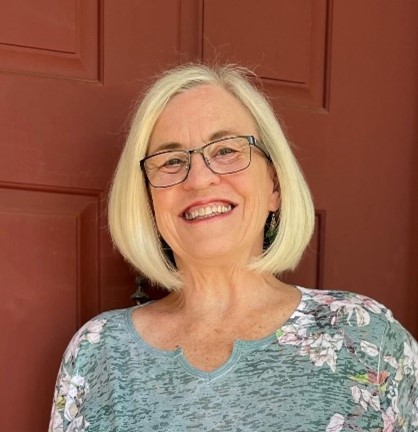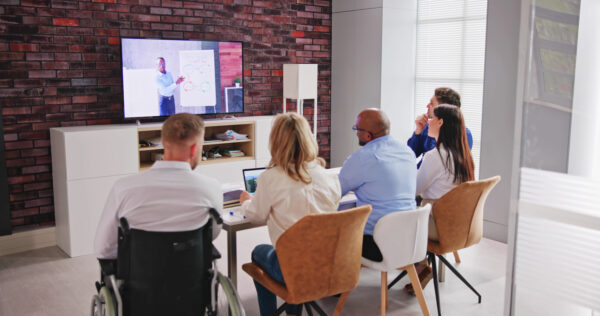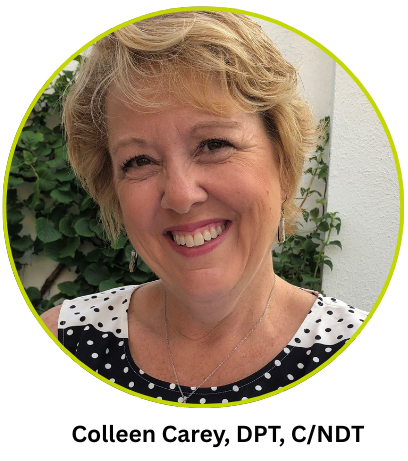Pre-Purchase On-Demand for Massive Savings!
As we gear up for the virtual Birth to Three Conference scheduled for March 26 and 27, we’re thrilled to share even more learning opportunities for you. Starting July 1, a curated collection of recorded on‑demand sessions from the conference will be available—perfect for continued learning long after the live event wraps.
But we want to give you a special deal even sooner than that…
🎉 We’re now offering our lowest-ever price on on‑demand access: just $99 when you pre-purchase this add-on with the two‑day conference! 🎉
This limited-time add‑on is only available through March 25, 2026, and once it’s gone, it’s gone. Lock in your savings now while completing your conference registration. Click the registration page for full details on available sessions.
What You Get with the $99 On‑Demand Add‑On
Your pre-purchase includes:
✅ Two extra days of contact hours to boost your professional development
✅ Access to seven additional afternoon sessions not included in your live conference schedule
✅ Full year of access — watch, rewatch, pause, and revisit whenever you want
✅ Massive savings (regular price: $699!)
✅ Full list of sessions available through the conference link
Please note: The $99 rate is only available as an add‑on with a two‑day conference registration purchased by March 25, 2026.
Already registered for the two‑day conference but want to add this deal? We’ve got you covered!
📞 Call 800‑487‑6530 or ✉️ email info@educationresourcesinc.com and our team will take care of it.
Do One-Day Registrants Have Access?
Did you register for only Thursday, March 26 (Day 1) or only Friday, March 27 (Day 2)? Don’t worry, you’re still eligible for massive savings for on-demand!
🎉One day registrants can pre-purchase the on-demand sessions for the day you registered. This is priced at a special rate of $89 and is valid through March 25, 2026. 🎉
✅ An full day of contact hours to boost your professional development
✅ Access to additional afternoon sessions not included in your live conference schedule
✅ Full year of access — watch, rewatch, pause, and revisit whenever you want
✅ Massive savings (regular price: $399!)
✅ Full list of sessions available through the conference link
To take advantage of this special pricing, just give our office a call at 800‑487‑6530 or email info@educationresourcesinc.com and we’ll be happy to set you up or answer any questions. This option is not available for registration online.
Who Should Attend?
If you’re an OT, SLP, or PT working with the birth‑to‑three population—whether in clinic, home care, outpatient, inpatient, or community settings—this is the conference you don’t want to miss.
This conference puts you in control of your learning. Build your own schedule when you pick and choose the afternoon tracks that matter most to your practice. Every session is practical, relevant, and rooted in strategies you can use right away.
Conference Highlights
⭐ The Brain Behind the Behavior – Mr. Chazz Lewis
Explore felt safety, behavioral triggers, and emotional expression—because even the youngest children benefit from supportive regulation approaches.
⭐ Breathing, Talking and Postural Control – Mary Massery
Understand the “Soda Pop Can” model and its powerful connections between breathing, speech, motor skill development, and overall function.
⭐ HEP Approach for Infants – Teresa May‑Benson & Aymen Balikci
Learn the Homeostasis Enrichment Plasticity (HEP) approach to support sensory and motor development aligned with family-centered goals.
⭐ Sensory Processing & Motor Development – Anne Buckley‑Reen
Dive into cutting-edge insights on early ASD identification and co-factors like sleep, digestion, anxiety, and sensory-motor challenges.
⭐ Reframing Reflux – Mallory Roberts
A body-based, root-cause approach to reducing reflux, colic, and feeding stress.
⭐ Contemporary NDT for the Infant/Toddler – Jodee Fortner
Assess movement and design interventions using contemporary NDT principles tied to postural control, play, transitions, and respiration.
…and so much more!
Join Us!
Be part of a dynamic, interactive learning experience alongside hundreds of fellow therapists. Share with colleagues and take advantage of discounted group pricing.
Questions?
💬 Email info@educationresourcesinc.com
📞 Call 800‑487‑6530 — our friendly team is happy to help.

 For nearly a decade, Education Resources, Inc. has had the privilege of partnering with one of physical therapy’s most visionary thinkers: Mary Massery, PT, DPT, DSc. Widely recognized as a trailblazer, Mary has spent her career challenging the status quo and transforming how therapists understand the role of breathing in movement, function, and health.
For nearly a decade, Education Resources, Inc. has had the privilege of partnering with one of physical therapy’s most visionary thinkers: Mary Massery, PT, DPT, DSc. Widely recognized as a trailblazer, Mary has spent her career challenging the status quo and transforming how therapists understand the role of breathing in movement, function, and health. Mary’s groundbreaking Soda Pop Can Model of Postural Control offers a dynamic, multisystem framework that links breathing mechanics to motor control and physiologic behavior. Her work integrates everything from vocal fold function to core stability, extending the concept of “the core” from the top of the trunk to the pelvic floor.
Mary’s groundbreaking Soda Pop Can Model of Postural Control offers a dynamic, multisystem framework that links breathing mechanics to motor control and physiologic behavior. Her work integrates everything from vocal fold function to core stability, extending the concept of “the core” from the top of the trunk to the pelvic floor.


 Course Details
Course Details
